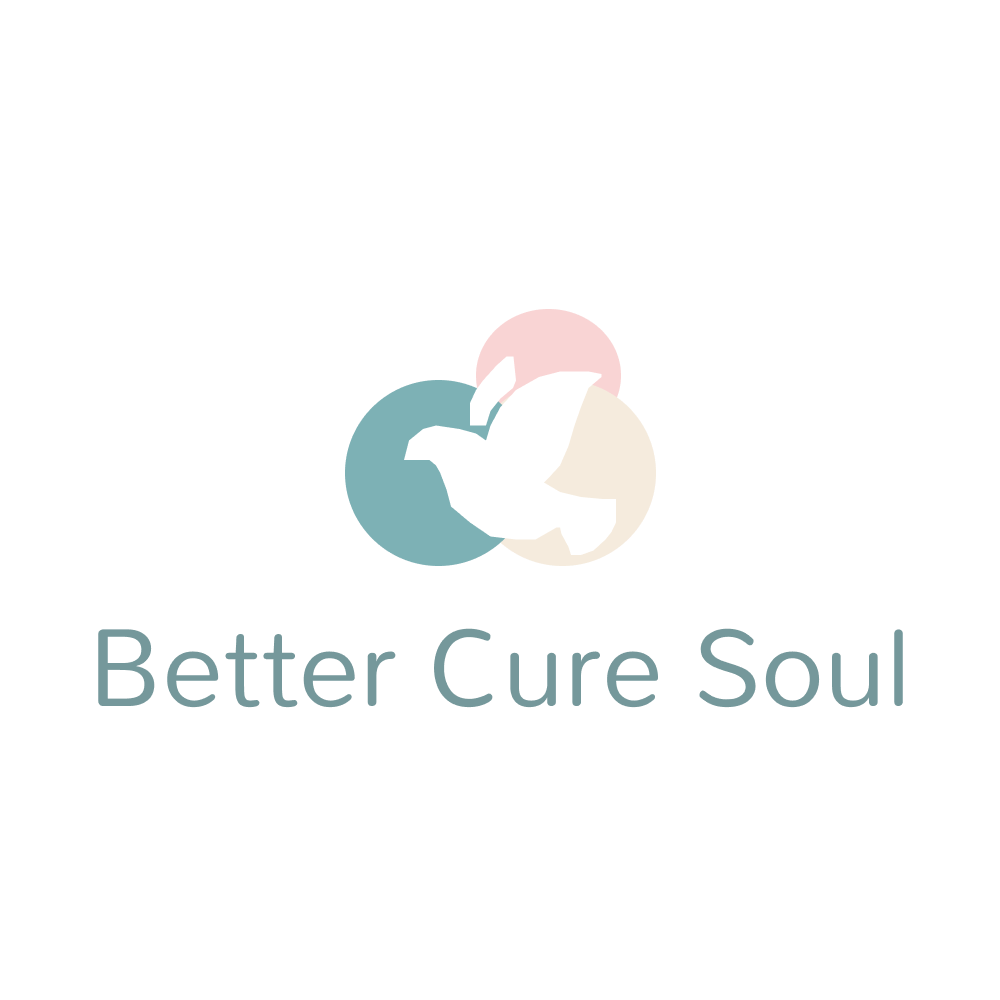The Dangers of Overcompensation: Unveiling the Consequences of Treating a Child as a Miracle
Discover the potential risks associated with overcompensating for a child's perceived weaknesses and the long-term consequences it may have on their development and self-esteem.

Overcompensation is a natural response by parents who want the best for their child.
They may shower their child with excessive praise, attention, and material rewards in an attempt to make up for perceived weaknesses or to ensure their child's success.
While this behavior may stem from a place of love and good intentions, there are potential dangers associated with treating a child as a miracle.
The Illusion of Perfection
Treating a child as a miracle creates an illusion of perfection.
By putting them on a pedestal, parents may unintentionally convey unrealistic expectations to their child.
This can create immense pressure for the child to live up to these expectations in every aspect of their life, leading to chronic stress and feelings of inadequacy.
Lack of Resilience
When a child is constantly treated as a miracle, they may struggle to develop the necessary resilience and coping skills to navigate challenges and setbacks.
They may become accustomed to receiving constant praise and rewards, leaving them ill-equipped to handle failure or criticism later in life.
This lack of resilience can hinder their personal growth and make it difficult for them to thrive in the face of adversity.
Dependency on External Validation
Children who are treated as miracles may develop a dependency on external validation.
They may seek constant approval and affirmation from others, as they have become accustomed to receiving it from their parents.
This can hinder their ability to develop a sense of self-worth that comes from within, leading to a reliance on others' opinions for validation and decision-making.
Unrealistic Sense of Entitlement
Overcompensation can create an unrealistic sense of entitlement in a child.
They may grow up believing that they are exceptional and entitled to special treatment or privileges without having to put in the necessary effort.
This can hinder their ability to take responsibility for their actions and can lead to entitlement issues in personal and professional relationships.
Incomplete Development of Skills
When a child is treated as a miracle, their weaknesses and areas for improvement may be overlooked.
They may receive excessive praise for their existing strengths, while their weaknesses go unaddressed.
This can result in an incomplete development of essential skills and hinder their ability to navigate challenges independently.
Limited Growth Mindset
Overcompensation can stunt a child's growth mindset, which is the belief that abilities and intelligence can be developed through effort and practice.
Children who are treated as miracles may develop a fixed mindset, believing that their abilities are static and cannot be improved.
This can limit their willingness to take on challenges, try new things, and persevere in the face of obstacles.
Conclusion
While it is natural for parents to want the best for their child, treating them as a miracle can have detrimental long-term consequences.
The illusion of perfection, lack of resilience, dependency on external validation, unrealistic sense of entitlement, incomplete skill development, and limited growth mindset are just some of the potential risks associated with overcompensation.
As parents, it is important to strike a balance between supporting and nurturing our children while allowing them the space to learn, grow, and develop their own identities.
By fostering a healthy environment that values effort, growth, and self-reflection, we can help our children thrive and become resilient, independent individuals who are equipped to navigate life's challenges with confidence and self-assurance.



